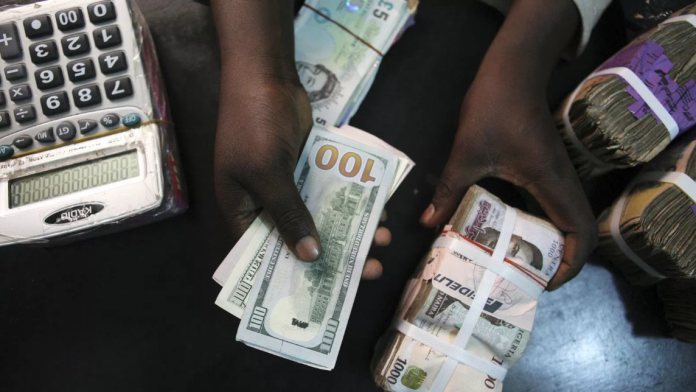Business
FULL LIST: 43 non-eligible items remain banned from forex list — CBN

The Central Bank of Nigeria (CBN) has clarified that the 43 items which were restricted from accessing Foreign Exchange from the official window remain banned from the Import and export window.
The apex bank made the clarification in a series of tweets on its verified social media handles.
Titled, “understanding the operational changes to the foreign exchange market,” the CBN in its tweet said: “The status quo remains on the 43 non eligible items. The items are not permitted to be funded from the I and E window.”
Recall that in June 2015, the CBN in its effort to sustain the stability of the naira and ensure the efficient utilization of foreign exchange excluded importers of some goods and services from accessing foreign exchange at the Nigerian foreign exchange markets in order to encourage local production of these items.
The CBN had clarified then that the importation of these Items are not banned , thus importers desirous of importing these Items shall do so using their own funds without any recourse to the Nigerian foreign exchange markets.
The CBN gave clarity in light of the recent changes in the official window.
LIST OF ITEMS NOT VALID FOR FOREIGN EXCHANGE IN THE NIGERIAN FOREIGN EXCHANGE MARKETS
- Rice
- Cement
- Margarine
- Palm kernel/palm oil products/vegetables oils
- Meat and processed meat products
- Vegetables and processed vegetable products
- Poultry – chicken, eggs, turkey
- Private airplanes/jets
- Indian incense
- Tinned fish in sauce (geisha)/sardines
- Cold rolled steel sheets
- Galvanized steel sheets
- Roofing sheets
- Wheelbarrows
- Head pans
- Metal boxes and containers
- Enamelware
- Steel drums
- Steel pipes
- Wire rods (deformed and not deformed)
- Iron rods and reinforcing bars
- Wire mesh
- Steel nails
- Security and razor wire
- Wood particle boards and panels
- Wood fibre boards and panels
- Plywood boards and panels
- Wooden doors
- Furniture
- Toothpicks
- Glass and Glassware
- Kitchen utensils
- Tableware
- Tiles – vitrified and ceramic
- Textiles
- Woven fabrics
- Clothes
- Plastic and rubber products, polypropylene granules, cellophane wrappers
- Soap and cosmetics
- Tomatoes/tomato pastes
- Eurobond/foreign currency bond/ share purchases
- Fertilizer
- Dairy/milk
- Maize
- Sugar








